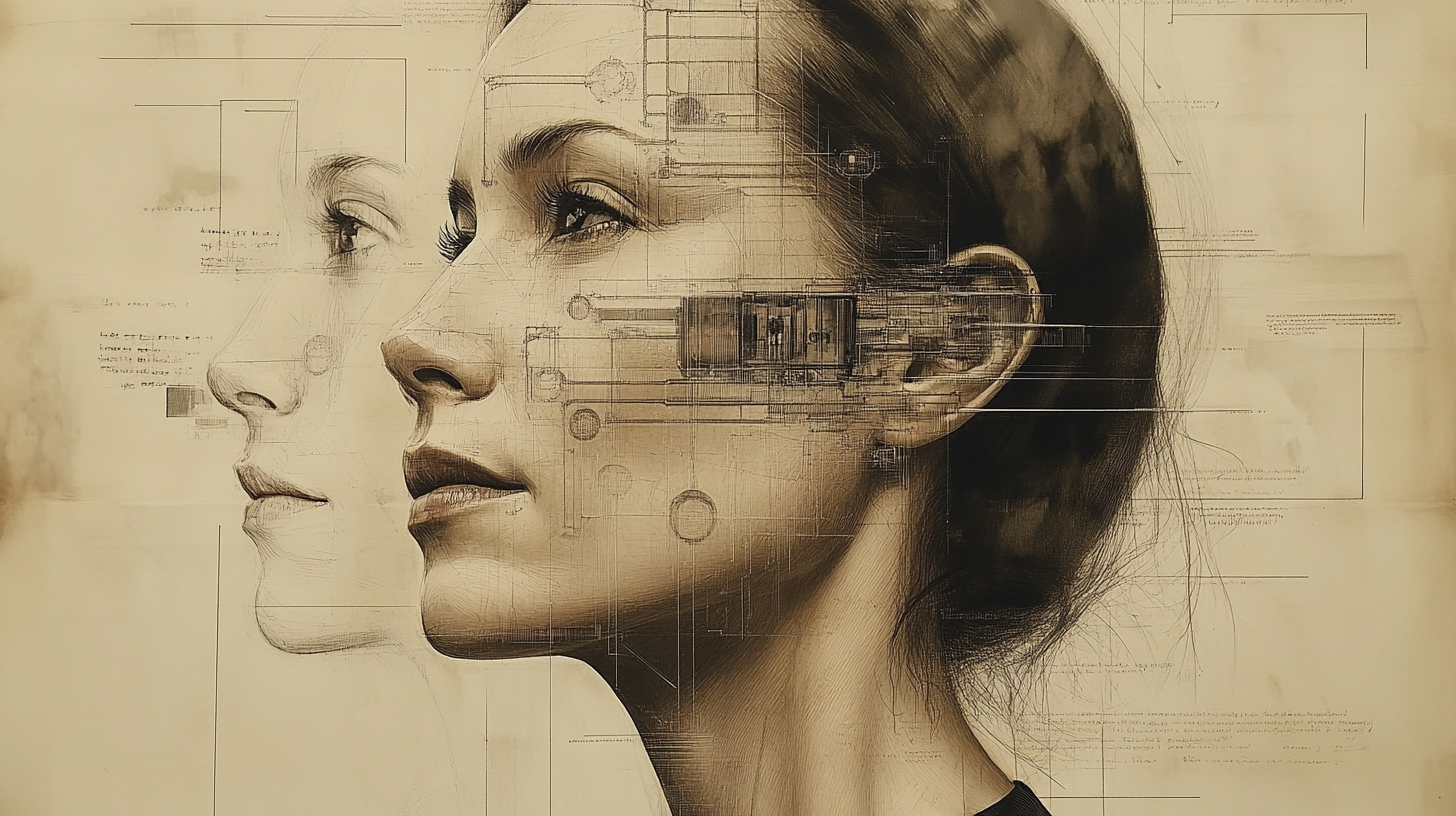Introduction to Artificial Intuition Systems
Artificial Intuition Systems (AIS) is a pioneering field that aims to develop AI capable of rapid, holistic decision-making akin to human intuition. This innovative discipline combines insights from cognitive psychology, neuroscience, and advanced machine learning to create AI systems that can make quick, context-aware judgments in complex or ambiguous situations without explicit reasoning steps.
As AI systems are increasingly deployed in dynamic, real-world environments, AIS emerges as a crucial area for enhancing their ability to handle uncertainty and make effective decisions with incomplete information. By mimicking the human capacity for intuitive thinking, this field has the potential to create more flexible and responsive AI systems for applications ranging from emergency response to creative problem-solving.
Fundamental Principles of Artificial Intuition Systems
At its core, AIS operates on the principle that intuition is a form of rapid pattern recognition based on accumulated experience and implicit learning. This involves developing AI architectures that can form and utilize holistic representations of complex scenarios, rather than relying solely on explicit rule-based or probabilistic reasoning.
A key concept is "synthetic gestalt perception," where AI systems are designed to perceive and process entire situations as unified wholes, capturing subtle interdependencies that might be missed by more analytical approaches.
Another fundamental aspect is the development of "experiential learning algorithms," which allow AI systems to learn from experience in ways that mimic human implicit learning, forming intuitive judgments that can't always be explicitly explained.
Groundbreaking Applications
One of the most promising applications of AIS is in crisis management and emergency response. Artificial intuition could allow AI systems to quickly assess complex, rapidly evolving situations and make critical decisions under time pressure.
In the realm of scientific discovery, AIS offers the potential for AI systems that can make intuitive leaps in data analysis or hypothesis generation, potentially accelerating the pace of scientific breakthroughs.
Another groundbreaking application lies in artistic and creative AI. AIS could help develop AI systems capable of more human-like creativity, making intuitive aesthetic judgments or generating innovative ideas in ways that go beyond rule-based approaches.
Ethical Considerations and Challenges
As a field that seeks to replicate human-like intuitive judgment in AI systems, AIS raises important ethical questions. The potential for AI systems to make consequential decisions based on processes that are not fully explainable, the risk of encoding biases into intuitive AI judgments, and concerns about over-reliance on AI intuition in critical decisions are key ethical issues to address.
A significant challenge is the difficulty of validating and ensuring the reliability of intuitive AI judgments. Developing methods to test and calibrate artificial intuition, especially in high-stakes applications, presents considerable technical and methodological hurdles.
Societal Impact and Future Outlook
AIS has the potential to create AI systems that are more adaptable, creative, and capable of handling real-world complexity. As the field advances, we may see AI assistants that can provide more nuanced and context-aware support, decision-support systems that can complement human intuition in critical fields like medicine or finance, and potentially new insights into the nature of intuition and decision-making itself.
Future research in AIS may focus on developing more sophisticated models of intuitive cognition, exploring the integration of artificial intuition with explicit reasoning systems, and investigating the potential for artificial intuition to enhance human-AI collaboration in complex problem-solving tasks.

Comments